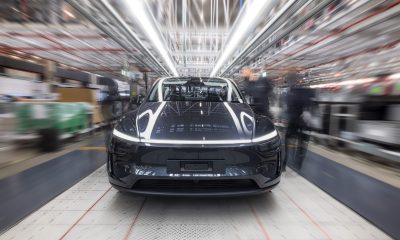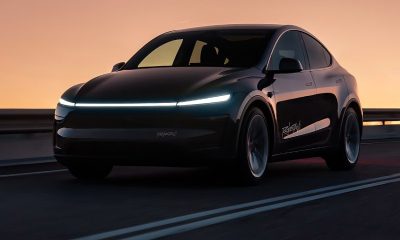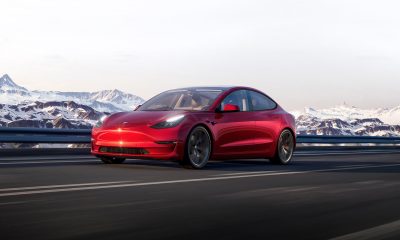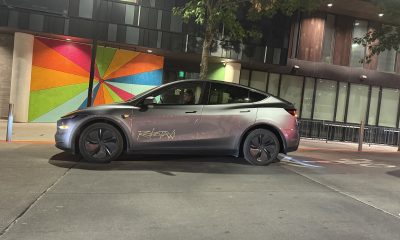Tesla Model S
Tesla clarifies its position on Model S suspension failure
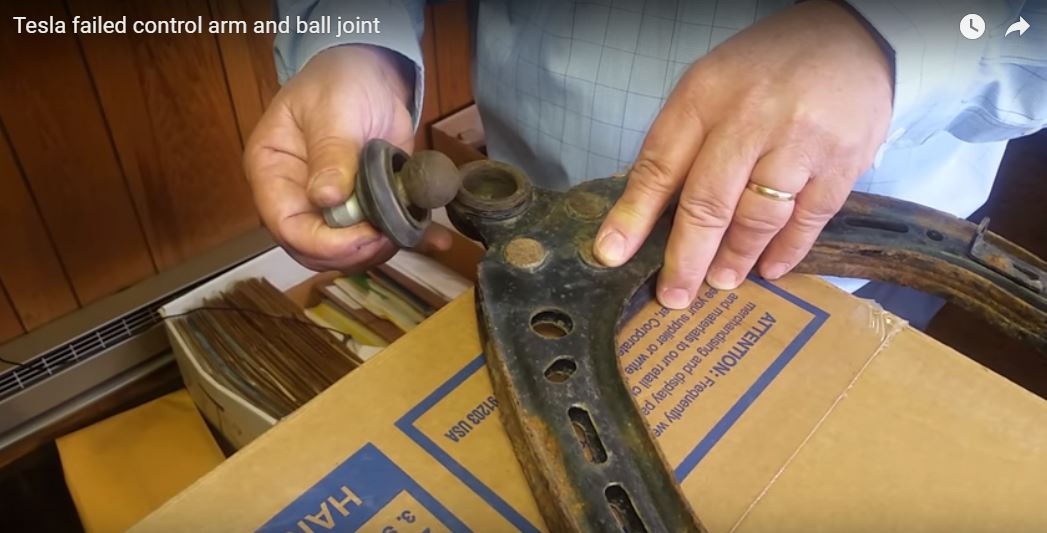
Yesterday, we reported a story about a Tesla Model S owner who said his left front suspension failed while driving at slow speed on a dirt road. The owner, who identified himself as gpcordaro on TMC, claimed that Tesla offered to split the cost of repair with him, but only if he signed a non-disclosure agreement and agreed not to contact federal authorities. His car was out of factory warranty at the time of the incident.
Bryan Thomas, a spokesman for the U.S. National Highway Safety Administration said the agency is “examining the potential suspension issue on the Tesla Model S, and is seeking additional information from vehicle owners and the company.” Yesterday, NHTSA administrator Mark Rosekind told the press that his agency is in “data collection mode.”
“Part of what we have to figure out is whether or not (non disclosure agreements) might have impeded people making (complaints),” Rosekind said. He also said his agency has been in touch with Tesla seeking information. “Our folks were on this right away.”
Now, Tesla has responded. In a lengthy blog post, it called the customer’s allegations about having to sign a non-disclosure agreement “preposterous.” It says it occasionally asks customers to sign what it calls a Goodwill Agreement. This occurs when the company agrees to provide services or repairs over and above those required by its warranty.
A lawyer will tell you that in some jurisdictions, “evidence of repair” can be equated with knowledge of a defect. That can have unfortunate legal consequences for any company if the matter winds up in court. The Goodwill Agreement is a written statement that says the owner will not use the fact that Tesla stepped up to keep a customer happy against it later in legal proceedings.
“It is deeply ironic that the only customer who apparently believes that this document prevents him from talking to NHTSA is also the same one who talked to NHTSA. If our agreement was meant to prevent that, it obviously wasn’t very good,” Tesla wrote in its response.
The owner told the press that after NHTSA examined the broken suspension piece, it told him that the ball joints in his Model S were of poor quality and failed prematurely. Tesla strongly disputes that, citing its 5 star crash rating and exhaustive durability testing. It did say the ball joint on this particular car was heavily rusted in a way that it has not seen on any other of its vehicles. Then the Tesla blog post demonstrated how to say harsh things in the kindest possible way.
“Finally, it is worth noting that the blogger who fabricated this issue, which then caused negative and incorrect news to be written about Tesla by reputable institutions, is Edward Niedermayer. This is the same gentle soul who previously wrote a blog titled “Tesla Death Watch,” which starting on May 19, 2008 was counting the days until Tesla’s death. It has now been 2,944 days. We just checked our pulse and, much to his chagrin, appear to be alive. It is probably wise to take Mr. Niedermayer’s words with at least a small grain of salt.
“We don’t know if Mr. Niedermayer’s motivation is simply to set a world record for axe-grinding or whether he or his associates have something financial to gain by negatively affecting Tesla’s stock price, but it is important to highlight that there are several billion dollars in short sale bets against Tesla. This means that there is a strong financial incentive to greatly amplify minor issues and to create false issues from whole cloth.
The post closed with a simple statement that truly captures the corporate ethics of Tesla Motors. “That said, sometimes Tesla does make genuine mistakes. We are not and have never claimed to be perfect. However, we strongly believe in trying to do the right thing and, when we fall short, taking immediate corrective action.”
That attitude is a big part of the reason why nearly 400,000 people worldwide have placed a reservation for the upcoming Tesla Model 3.
News
This signature Tesla feature is facing a ban in one of its biggest markets
The report indicates that Chinese government agencies have concerns “about failure rates and safety issues with the flush design.”
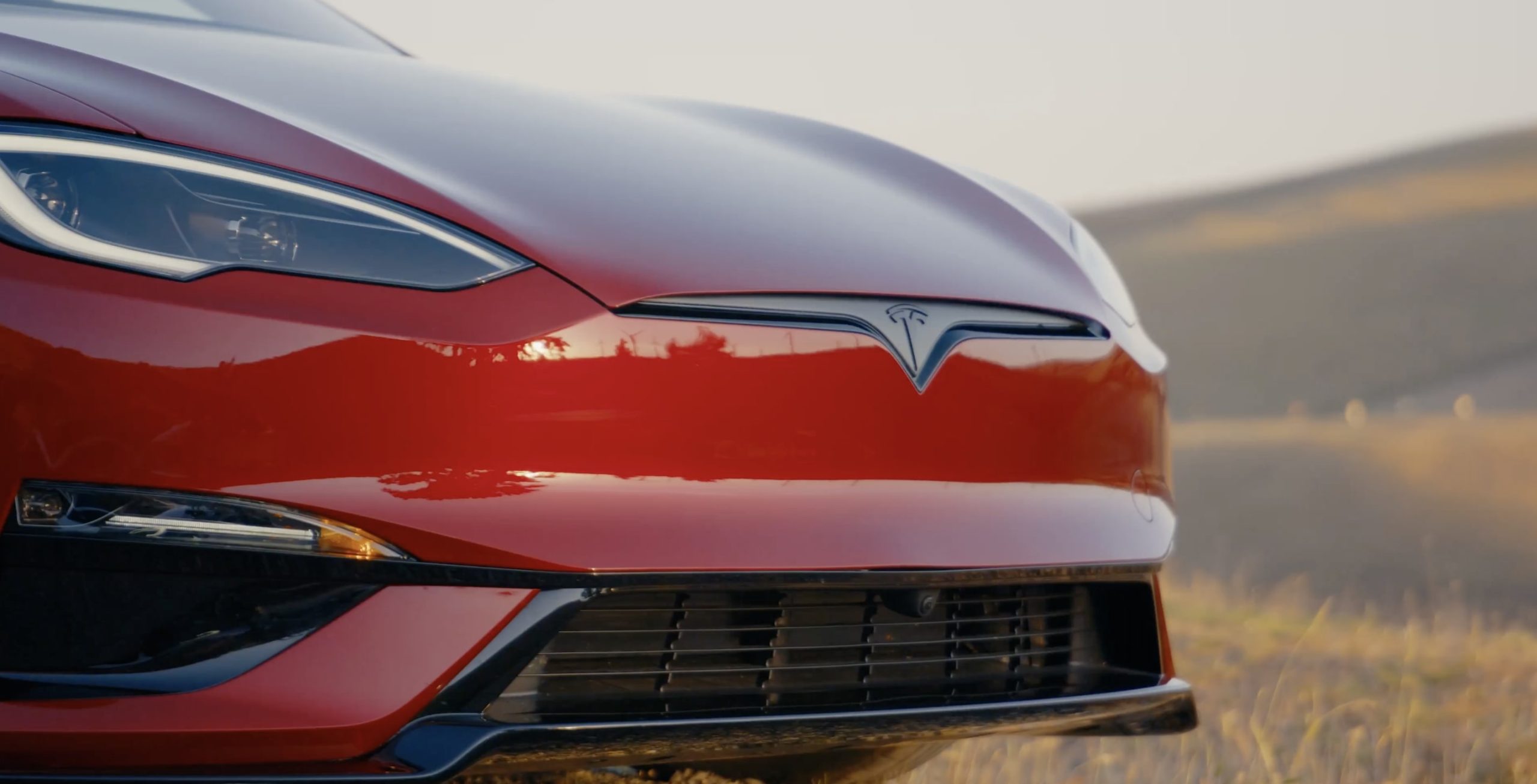
A signature Tesla feature is under fire in one of the company’s largest markets, as regulators in one EV hot spot are mulling the potential ban of a design the automaker implemented on some of its vehicles.
Tesla pioneered the pop-out door handle on its Model S back in 2012, and CEO Elon Musk felt the self-presenting design was a great way to feel like “you’re part of the future.”
It is something that is still present on current Model S designs, while other vehicles in the Tesla lineup have a variety of handle aesthetics.
According to Chinese media outlet Mingjing Pro, the company, along with others using similar technology, is facing scrutiny on the design as regulators consider a ban on the mechanism. These restrictions would impact other companies that have utilized pop-out handles on their own designs; Tesla would not be the only company forced to make changes.
The report indicates that Chinese government agencies have concerns “about failure rates and safety issues with the flush design.”
However, EVs are designed to be as aerodynamically efficient as possible, which is the main reason for this design. It is also the reason that many EVs utilize wheel covers, and sleek and flowing shapes.
However, the Chinese government is not convinced, as they stated the aerodynamic improvements are “minimal,” and safety issues are “significantly elevated,” according to The Independent.
The issue also seems to be focused on how effective the handle design is. According to data, one EV manufacturer, which was not specified in the report, has 12 percent of its total repairs are door handle failure fixes.
There are also concerns about the handles short-circuiting, leaving passengers trapped within cars. Tesla has implemented emergency latch releases in its vehicles that would prevent passengers from getting stuck in their cars in cases of electric malfunctions or failures.
However, evidence from the Chinese Insurance Automotive Technology Research Institute (C-IASI) suggests that 33 percent of door handles using this design fail to function after a side impact.
Obviously, Tesla and other automakers could introduce an alternative design to those vehicles that are affected by the potential restrictions China intends to impose. The regulation would take effect in July 2027.
News
Tesla pushes crazy ‘Luxe’ incentive package on flagship Model S and X
Tesla is pushing more customers to the Model S and Model X with a new incentive package.
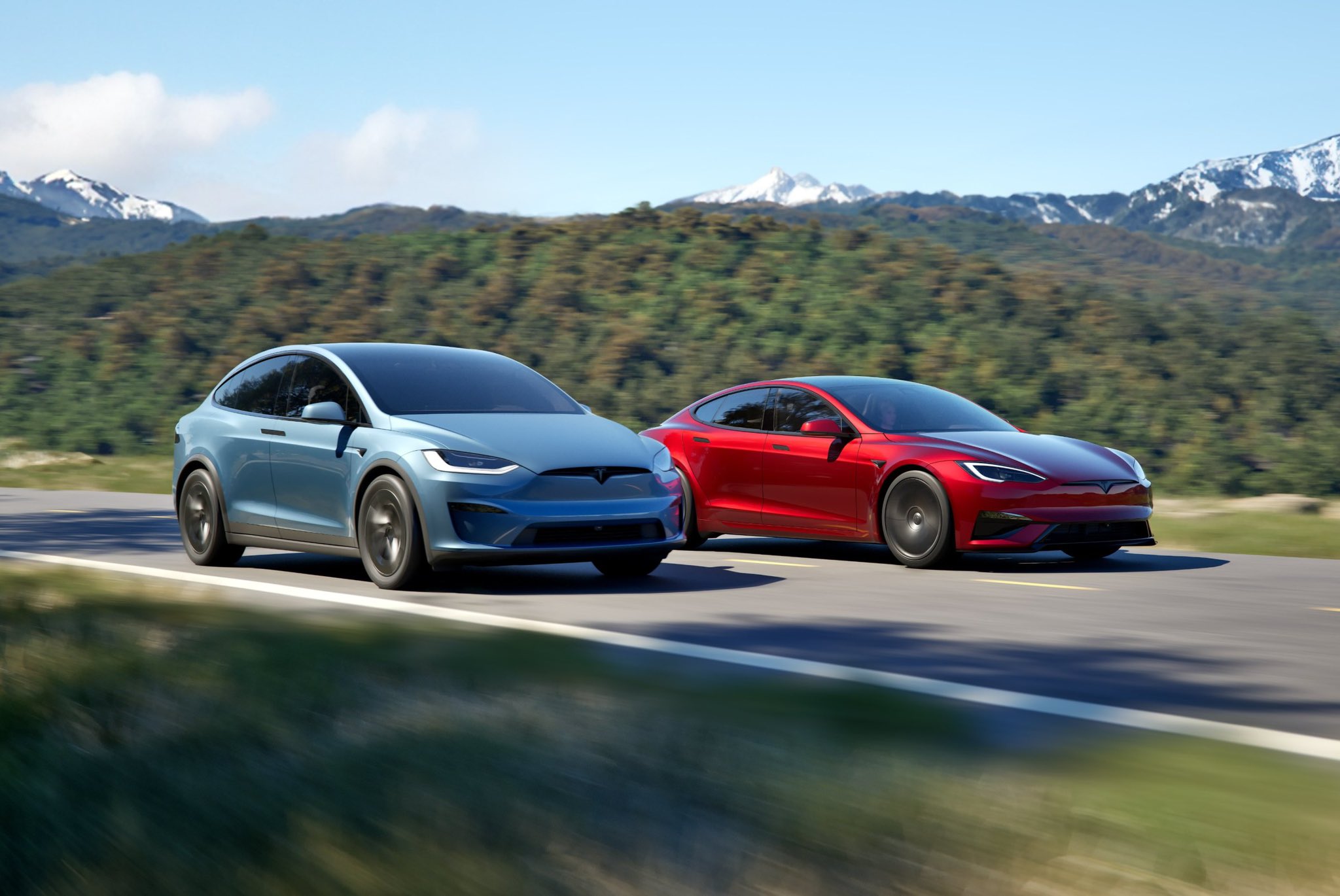
Tesla has pushed a crazy new incentive package, known as the “Luxe Package,” on the flagship Model S and Model X, along with a $10,000 price increase on each trim level.
The move aims to likely bolster margins for the company on the two cars while also giving those who choose to buy the Tesla lineup mainstays a variety of awesome advantages, including Free Supercharging, Full Self-Driving, and other add-ons.
Tesla is offering a crazy Supercharging incentive on its two ‘sentimental’ vehicles
Last night, Tesla launched the “Luxe Package” for the Model S and Model X, which includes the following four add-ons:
- Full Self-Driving (Supervised) – Your car will be able to drive itself almost anywhere with minimal driver intervention
- Four-Year Premium Service – Wheel and Tire Protection, Windshield Protection, and Recommended Maintenance
- Supercharging – Charge for free at 70,000+ Superchargers worldwide
- Premium Connectivity – Listen to music, stream movies, monitor live traffic, and more – no Wi-Fi needed
Full Self-Driving is priced at $8,000. Free Supercharging for the life of the car is between $10,000 and $15,000 over the life of the vehicle, although Tesla has valued it at $5,000 in recent promotions.
Free Premium Connectivity is roughly $1,000, and the four-year tire, wheel, windshield, and maintenance plan is about $3,200.
🚨 Tesla increased the price of both the Model S and Model X by $10,000, but both vehicles now include the “Luxe Package,” which includes:
-Full Self-Driving
-Four years of included maintenance, tire and wheel repairs, and windshield repairs/replacements
-Free lifetime… pic.twitter.com/LKv7rXruml— TESLARATI (@Teslarati) August 16, 2025
In all, the value is over $25,000, but this is loosely based on usage.
The Model S and Model X are low contributors to Tesla’s overall sales figures, as they make up less than five percent of sales from a quarterly perspective and have for some time.
As they are certainly the luxury choices in Tesla’s lineup, the Model 3 and Model Y are the bigger focus for the company, as a significantly larger portion of the company’s sales is made up of those vehicles.
The Luxe Package is an especially good idea for those who drive high-mileage and plan to use the Model S or Model X for commuting or long drives. The free Supercharging makes the deal worth it on its own.
As for the price bumps, each of the vehicles are now priced as follows:
- Model S All-Wheel-Drive: $94,990
- Model S Plaid: $109,990
- Model X All-Wheel-Drive: $99,990
- Model X Plaid: $114,990
News
Tesla takes first step in sunsetting Model S and X with drastic move
Tesla won’t be taking custom orders of the Model S or Model X in Europe any longer.
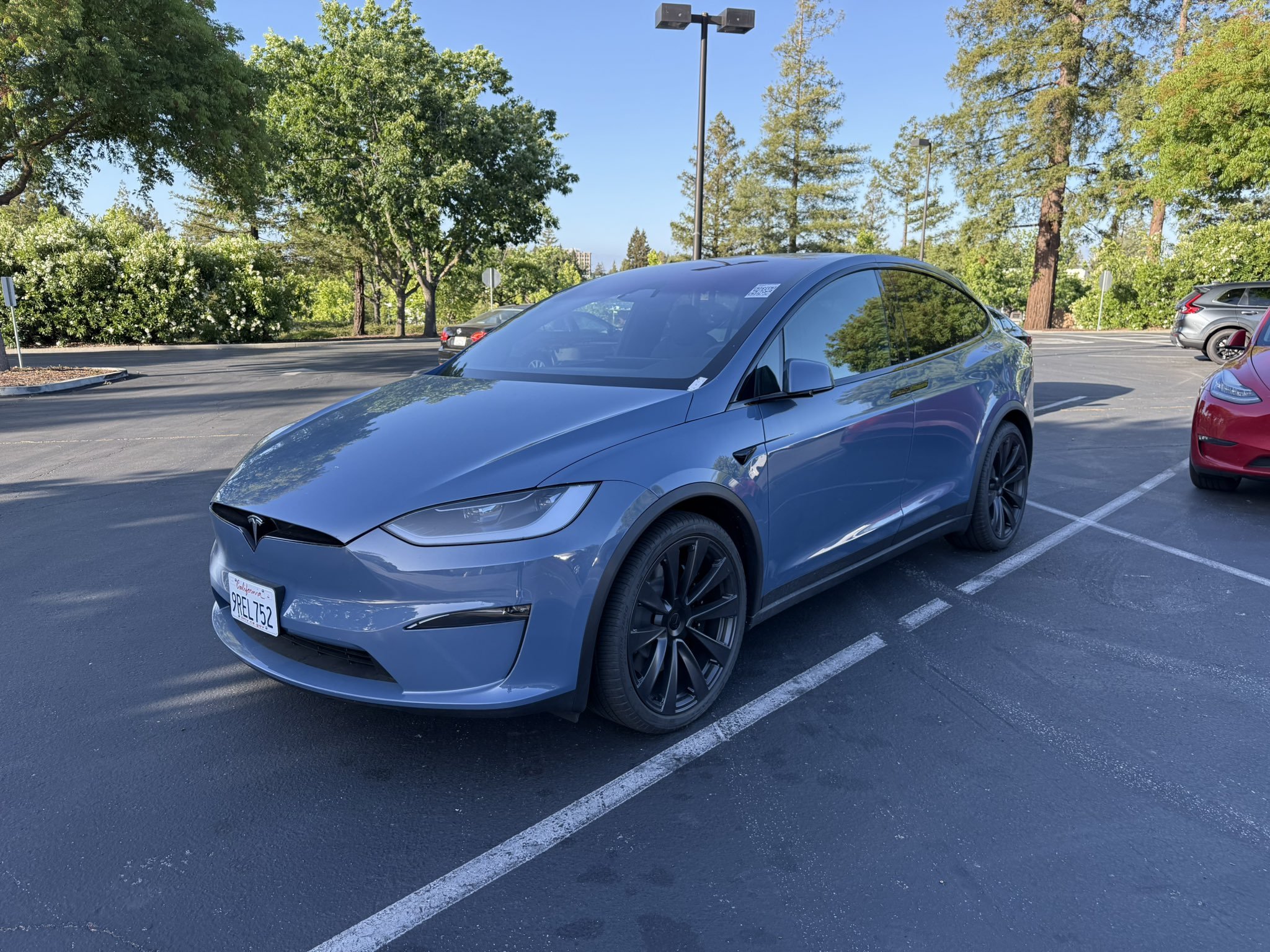
Tesla has seemingly taken the first step in sunsetting two of its older vehicles, the Model S and Model X, by ending international orders.
The flagship sedan and SUV from Tesla are the two oldest cars in the company’s lineup. They account for a very small portion of overall sales, and several years ago, CEO Elon Musk admitted that Tesla only continues to build and sell them due to “sentimental reasons.”
Earlier this year, there were calls for Tesla to end the production of the two cars, but Lars Moravy said that the Model S and Model X were due to get some love later in 2025. That happened, but the changes were extremely minor.
Tesla launches new Model S and Model X, and the changes are slim
Some took this as an indication that Tesla has kind of moved on from the Model S and Model X. A handful of people seemed to think Tesla would overhaul the vehicles substantially, but the changes were extremely minor and included only a few real adjustments.
In Europe, customers are unable to even put a new order in on a Model S or Model X.
We noticed earlier today that Tesla pressing the ‘Order’ button on either of the flagship vehicles takes you to local inventory, and not the Design Studio where you’d configure your custom build:
🚨 Tesla has removed the Model S and Model X Design Configurators from European customers
It will now bring up available inventory for those two vehicles instead of allowing you to build your own config pic.twitter.com/sMnGAr2kuu
— TESLARATI (@Teslarati) July 30, 2025
Tesla simply does not make enough Model S or Model X units to justify the expensive logistics process of shipping custom orders overseas. It almost seems as if they’re that they will essentially build a bunch of random configurations, send them overseas every few months, and let them sell before replenishing inventory.
Inversely, it could also mean Tesla is truly gearing up to sunset the vehicle altogether. It seems unlikely that the company will fade them out altogether in the next couple of years, but it could absolutely think about ending international orders because volume is so low.
-
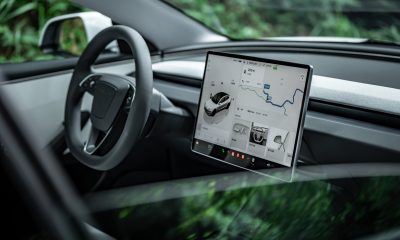
 News2 weeks ago
News2 weeks agoTesla is overhauling its Full Self-Driving subscription for easier access
-
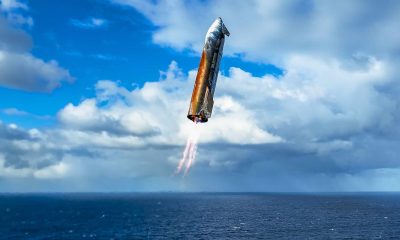
 Elon Musk2 weeks ago
Elon Musk2 weeks agoElon Musk shares unbelievable Starship Flight 10 landing feat
-
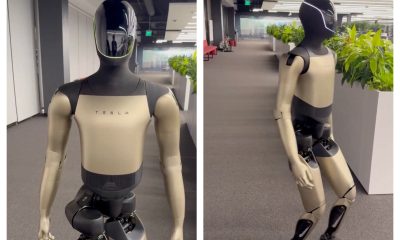
 Elon Musk1 week ago
Elon Musk1 week agoTesla’s next-gen Optimus prototype with Grok revealed
-
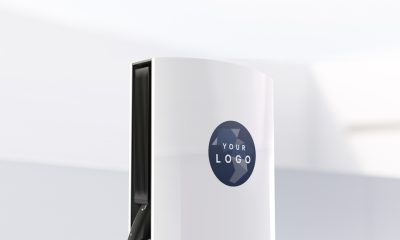
 News6 days ago
News6 days agoTesla launches new Supercharger program that business owners will love
-
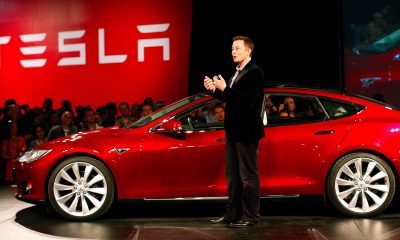
 Elon Musk6 days ago
Elon Musk6 days agoTesla Board takes firm stance on Elon Musk’s political involvement in pay package proxy
-
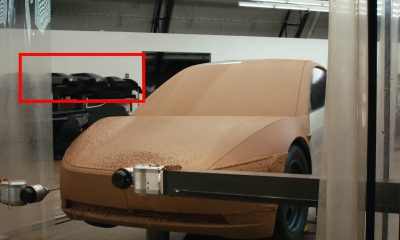
 News2 weeks ago
News2 weeks agoTesla appears to be mulling a Cyber SUV design
-
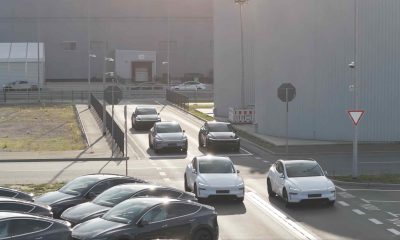
 News1 week ago
News1 week agoTesla deploys Unsupervised FSD in Europe for the first time—with a twist
-
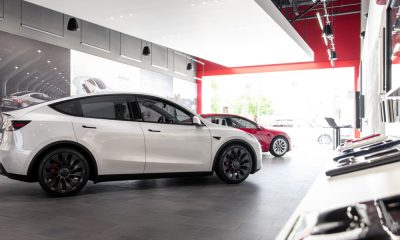
 News2 weeks ago
News2 weeks agoTesla expands crazy new lease deal for insane savings on used inventory




